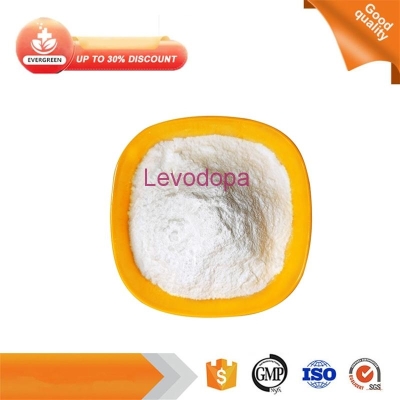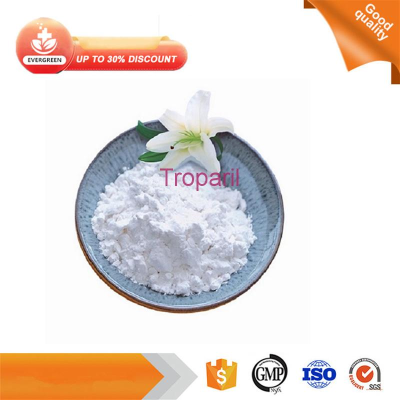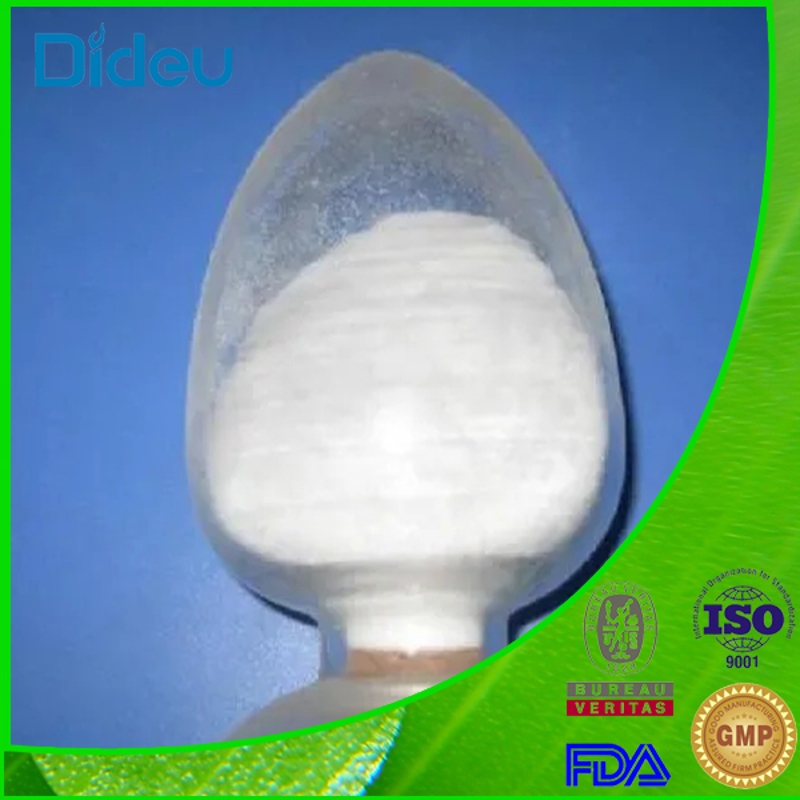Science: How do you make your brain think it's healthy? It's ok to supplement this molecule.
-
Last Update: 2020-07-17
-
Source: Internet
-
Author: User
Search more information of high quality chemicals, good prices and reliable suppliers, visit
www.echemi.com
Fitness can improve the cognitive function of the brain, and its mechanism is related to a protein produced by the liver.maybe after further research, this protein can be used as a drug to protect the brain of the elderly who are unable to exercise for physical reasons.photo source: pixabay source: University of California, San Francisco translated by ah Jin proofread Qi Yi Yin, it is well known that exercise has a lot of benefits for aging brain, while Eli and Edythe Broad Center for regeneration medicine and stem cell Research of the University of California, San Francisco (UCSF), Eli and Edythe Broad Center for regeneration medicine and stem cell research A liver protein that was not previously studied may be the main reason for this effect, according to the latest mouse study by scientists from research.the findings of this study are expected to lead to new treatments that will provide the same neuroprotective effects as physical exercise for those who cannot exercise due to physical limitations.exercise is the most studied and effective way to protect the brain from aging related cognitive impairment.exercise has been shown to improve cognitive performance in patients with neurodegenerative diseases, such as Alzheimer's disease and frontotemporal dementia, and even benefit those with rare genetic variants who inevitably develop dementia.however, many elderly people are unable to exercise regularly due to physical limitations or disability.for a long time, researchers have been looking for therapies that can bring the same neurological benefits to people with limited physical activity.the study, published in the journal Science on July 9, 2020, suggests that after exercise, the liver of mice secretes a protein called gpld1 in the blood.the levels of these proteins in blood correspond to the improvement of cognitive function in aged mice.and a study in collaboration with the UCSF Center for memory and aging found that levels of the enzyme were also elevated in the blood of older people who exercised regularly.however, the researchers say that just increasing the level of gpld1 produced by the liver of mice has the same benefit to the brain as long-term exercise."if there is a drug that can produce the same effect as exercise, then everyone will take it.now, our research shows that at least some of these benefits may one day be achieved through medication."said Dr. Saul Villeda, senior author of the study and an assistant professor in the Department of anatomy and physiotherapy and Rehabilitation Sciences at the UCSF.previous studies in veleida laboratory have shown that biological factors in the blood of young mice can rejuvenate the brain of aging mice, and conversely, biological factors in the blood of aging mice can lead to premature aging related cognitive decline in young mice.these results have attracted the interest of laboratory graduate student Alana Horowitz and postdoctoral researcher Xuelai fan, who are looking for possible blood transmission factors to produce the same benefits as exercise, that is, to rejuvenate the aging brain in the same way as in the "young blood" experiment. Horowitz and fan had old mice exercise regularly for 7 weeks, and then their blood was drawn and injected into old mice that did not exercise at all. they found that a four week course significantly improved learning and memory abilities in older mice, similar to those seen in mice that exercised regularly. when examining the animal's brain, they found evidence of a large number of new neurons in the hippocampus, and previous studies have shown that exercise can restore the vitality of the hippocampus. to find out which specific biological factors in the blood are responsible for this phenomenon, Horowitz, fan and colleagues measured the levels of different soluble proteins in the blood of exercise and non exercise mice. the team identified 30 candidate proteins. To their surprise, 19 of them were mainly from the liver, and many were previously associated with controlling the body's metabolic function. two of these proteins play an important role in metabolism, namely gpld1 and PON1. the researchers chose to study gpld1 in depth because previous studies rarely explored its function. "we think that if someone had studied this protein thoroughly, maybe they would have encountered this phenomenon. "Villeda said," I'd like to say that if you're ready to take the risk of exploring new things, you may find something amazing! " The team found that gpld1 was increased in the blood circulation of mice who persisted in exercise, and its level was closely related to the improvement of animals' cognitive ability. the analysis of human data collected by the Hillblom aging network research project of the UCSF memory and Aging Center shows that healthy, active elderly people also have higher blood gpld1 levels than those who do not exercise much. to test whether gpld1 itself drives the previously observed benefits, the researchers used genetic engineering methods to induce the liver of old mice to secrete excessive gpld1, and then measured animal performance in various cognitive and memory tests. to their surprise, the effect of 3-week treatment was similar to that after 6 weeks of regular exercise, and the growth of new neurons in the hippocampus increased significantly. "to be honest, I didn't expect to be able to successfully discover that a single molecule can bring the same benefits to the brain as exercise. it seems that exercise is more likely to produce many subtle and subtle effects, which gradually accumulate and produce huge benefits, but these effects are difficult to separate out. "Villeda said," when I saw the data, I was completely stunned. "through this protein, the liver responds to physical activity and tells the aging brain to stay young and energetic. "Villeda added," this is an important example of liver brain communication, and as far as we know, no one has known about this interaction before. it also makes me wonder what else we miss in neuroscience, because we largely ignore the huge impact that other organs can have on the brain, and vice versa. Further experiments showed that gpld1 produced by the liver did not cross the so-called blood-brain barrier, which protects the brain from toxic or infectious substances in the blood. however, this protein may exert an effect on the brain by reducing systemic inflammation and blood clotting. it is well known that blood clotting and inflammation increase with age and are associated with dementia and age-related cognitive decline. now, the laboratory is carrying out research, trying to more accurately understand the mechanism of gpld1 interacting with other biochemical signal transduction systems and promoting brain function, hoping to identify specific targets for treatment, so as to one day bring the same protective benefits to the aging brain as exercise. original link:
This article is an English version of an article which is originally in the Chinese language on echemi.com and is provided for information purposes only.
This website makes no representation or warranty of any kind, either expressed or implied, as to the accuracy, completeness ownership or reliability of
the article or any translations thereof. If you have any concerns or complaints relating to the article, please send an email, providing a detailed
description of the concern or complaint, to
service@echemi.com. A staff member will contact you within 5 working days. Once verified, infringing content
will be removed immediately.







